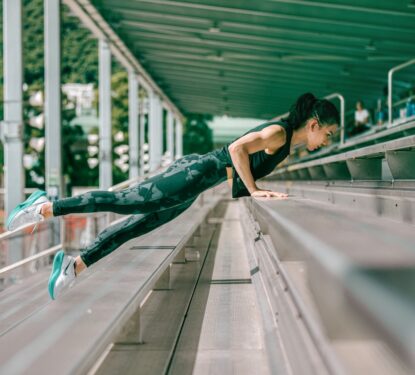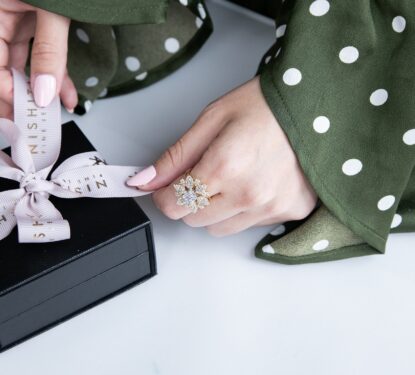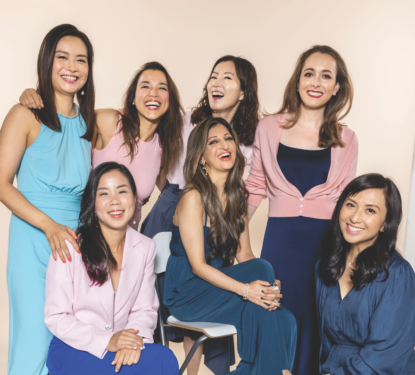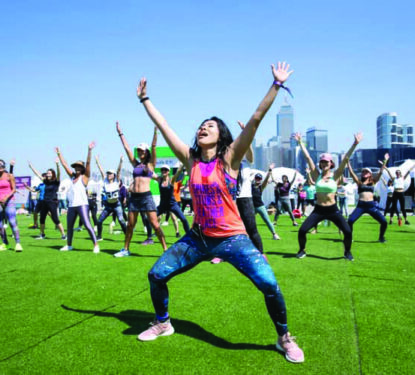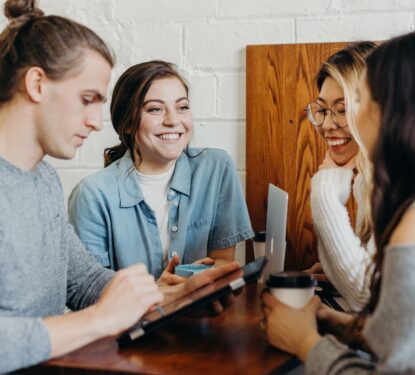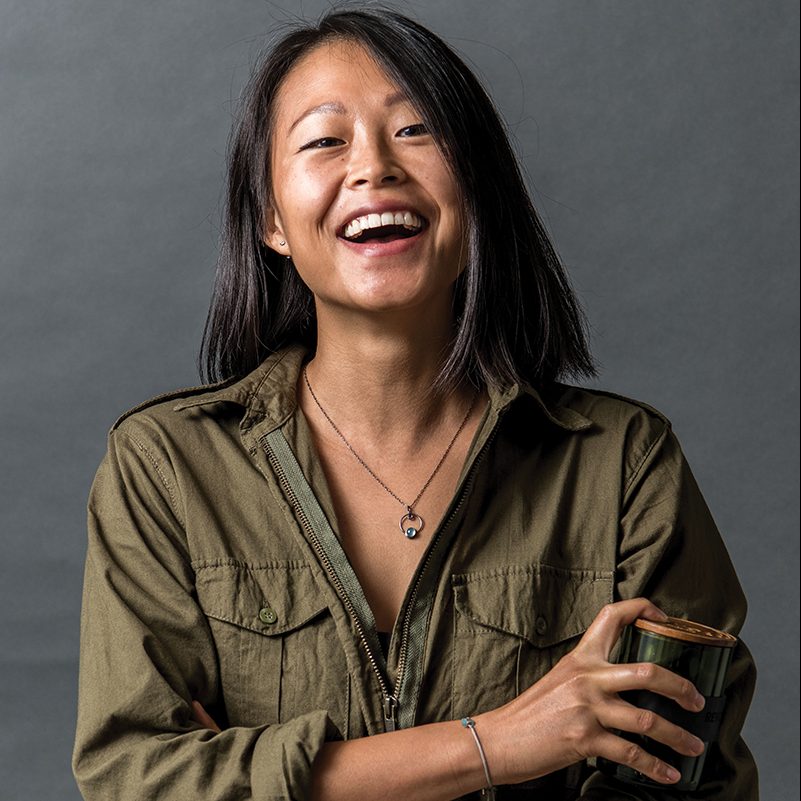
Hannah Chung has been on a personal zero waste challenge for two years, and has become one of the city’s best known green ambassadors. Wherever possible, she has vowed not to purchase anything with packaging that cannot be reused, up-cycled, or recycled.
Why is waste reduction so important to you?
A great quote from Gary Stokes of Sea Shepherd is, “If you come home to see your bath leaking, do you grab a mop or turn the tap off?” The real problem we have is that most things are designed to be used once and disposed of. Yes, we do need to recycle what we have, but we also have to move away from our disposable culture and turn off the plastic tap.
Do you believe anyone can adopt a zero-waste lifestyle or is it just too restrictive?
A zero-waste lifestyle is similar to veganism in terms of restrictiveness. I am not a vegan, but I have drastically reduced my meat and dairy intake over the past few years as my contribution to reducing carbon emissions.
My message isn’t to change your daily habits to achieve absolute zero waste; it’s being aware of the excessive amounts of trash we produce and finding creative ways to reduce waste that work for each individual.
Can individuals really make a difference?
Yes! It’s easy to feel overwhelmed and helpless with all the problems of over-consumption, global warming, rising sea levels and the amount of waste in our oceans. I believe the more we understand the extent of the problem, the better we can be at adapting, and it all starts on an individual level. Spend money on the businesses that you want to see flourish and understand that it’s part of a movement that puts pressures on companies to make the changes we need. Rather than waiting for government legislation, we can all contribute by voicing our demands and voting with our dollars.
What changes would you like to see in the waste industry in 10 years time?
I am optimistic about the future and know that we will find ways to solve our waste crisis. Currently, 73% of plastic waste entering our oceans is for single-use purposes, most of which are food and beverage packaging and utensils. A re-design of our whole system, from linear to circular will be how companies will operate in the future. I am working with Revolv a startup that will disrupt the packaging industry by creating a sharing economy for food containers. We are aiming to be at the forefront of the circular movement and creating communities of people moving away from our disposable culture. In 10 years time, I believe we will find it weird to be walking down the street with
a disposable coffee cup.

